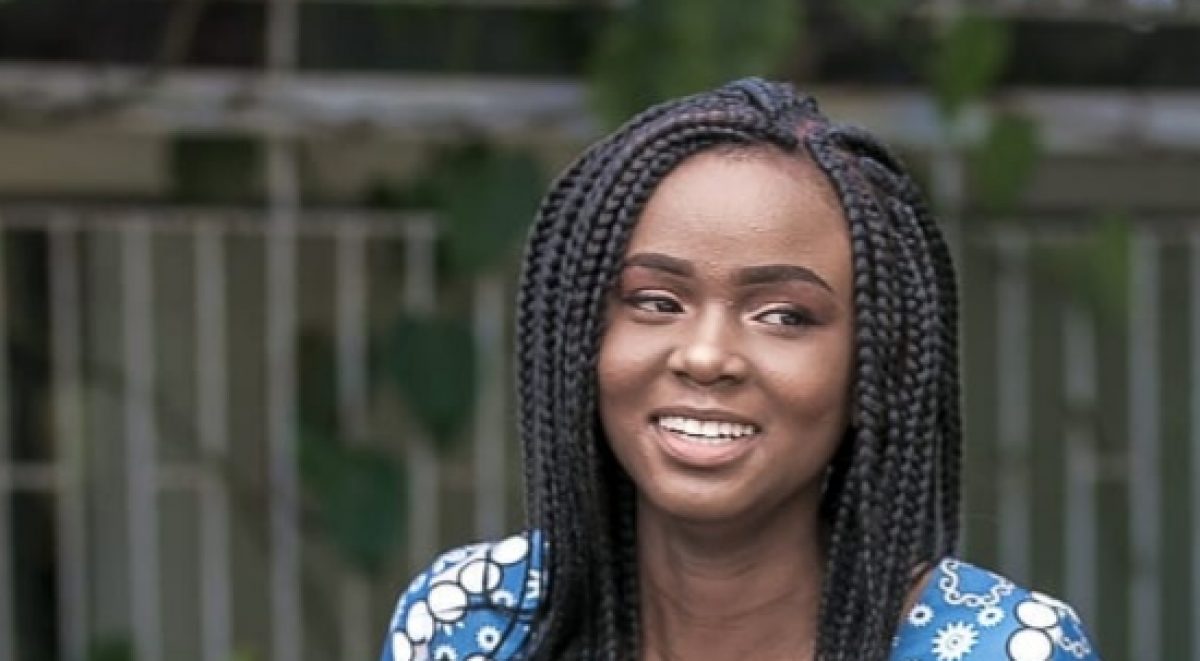
Fewer than 5 out of 100 Africans are immunised in Africa; a delay that experts claim may have favoured the emergence of the South African variant of Covid-19 -Omicron- that runs rapidly from South Africa to Europe, as well as the reactions of the international community: flights from several countries on the Continent are stopped, borders are closed. From many quarters, then, the finger is pointed at the shortage of vaccines available in Africa and appeals for the liberalisation of patents are multiplying.
But what is the most effective strategy for Africa? Sharon Osembo, of Strathmore University (Kenya), explains this in her study ‘SEARCHING FOR A SELF-SUFFICIENT AFRICA: A STUDY ON COVID-19 VACCINE DISCRIMINATION‘ (published as part of Harambee’s dossier on the challenges and opportunities for Africa in times of global crisis).
She denounces the “nationalist” approach to vaccine management, which “forced Africa to beg for things it was willing to buy“, but at the same time Osembo reflects on possible solutions and on the need for Africa to restart by becoming more self-sufficient.
Nurturing an ecosystem of science and innovation by funding research; creating the right skills, including in leadership; and creating pan-African regulatory bodies for research are among the ways forward to address the ongoing global crisis. Without waiting to see whether the international community decides to be more or less generous.
Fewer than 5 out of 100 Africans are immunised in Africa; a delay that experts claim may have favoured the emergence of the South African variant of Covid-19 -Omicron- that runs rapidly from South Africa to Europe, as well as the reactions of the international community: flights from several countries on the Continent are stopped, borders are closed. From many quarters, then, the finger is pointed at the shortage of vaccines available in Africa and appeals for the liberalisation of patents are multiplying.
But what is the most effective strategy for Africa? Sharon Osembo, of Strathmore University (Kenya), explains this in her study ‘SEARCHING FOR A SELF-SUFFICIENT AFRICA: A STUDY ON COVID-19 VACCINE DISCRIMINATION’ (published as part of Harambee’s dossier on the challenges and opportunities for Africa in times of global crisis).
She denounces the “nationalist” approach to vaccine management, which “forced Africa to beg for things it was willing to buy”, but at the same time Osembo reflects on possible solutions and on the need for Africa to restart by becoming more self-sufficient.
Nurturing an ecosystem of science and innovation by funding research; creating the right skills, including in leadership; and creating pan-African regulatory bodies for research are among the ways forward to address the ongoing global crisis. Without waiting to see whether the international community decides to be more or less generous.
Download the full article here.
